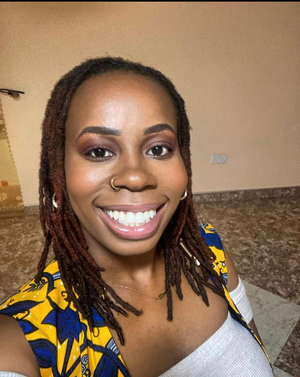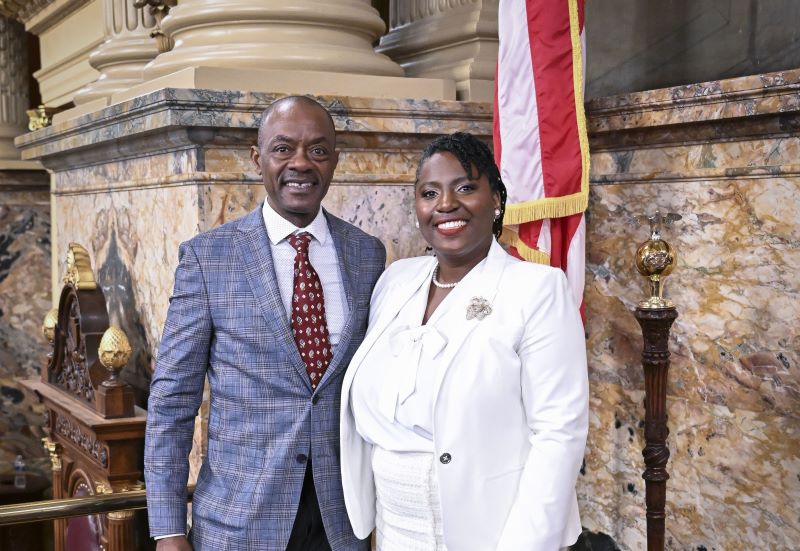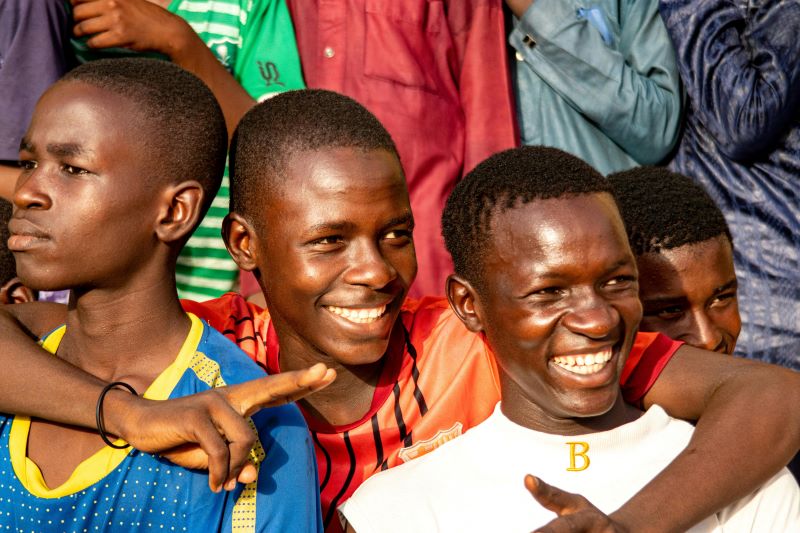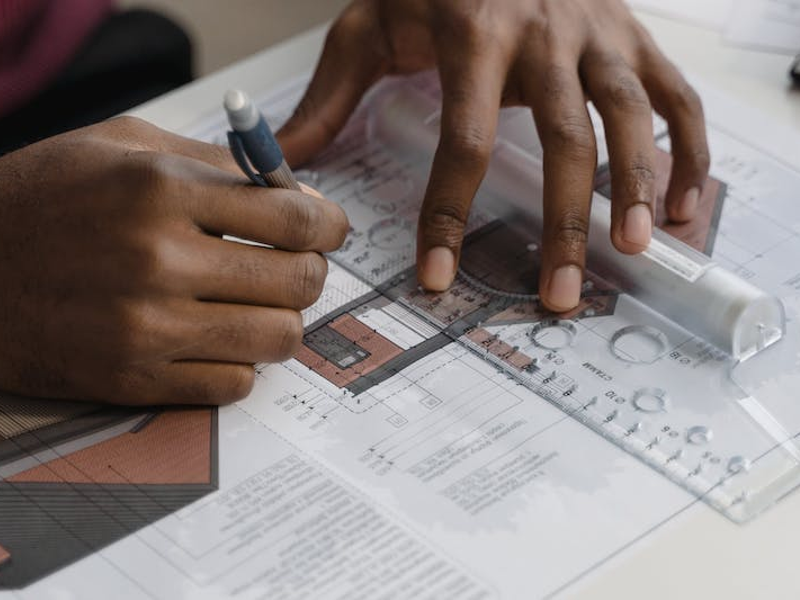( Image by Kelly l via Pexels )
“Violence against women is perhaps the most shameful human rights violation, and it is perhaps the most pervasive. It knows no boundaries of geography, culture, or wealth. As long as it continues, we cannot claim to be making real progress towards equality, development, and peace.” -Kofi Annan, Ghanaian diplomat and former Secretary-General to the United Nations
Every year on January 24th, National Girl Child Day is celebrated. National Girl Child Day was created in India by the country’s Ministry of Women and Child Development, with the goal of raising awareness about struggles faced by young Indian girls. In honor of National Girl Child Day, and the fight to end gender-based violence in India and around the globe, FunTimes Magazine investigates the issue of sexual violence against females in India, and what this means for the African diaspora and girls and women worldwide.
Black and brown realities, in terms of sexual violence and protection against these crimes, are bleak. The ‘Global Majority’, including African, Latin American, Asian, and Arab descended peoples, comprise an overwhelming percent of the global population.

(An Siddi girl. The Siddi tribe are Indians of African descent. Image by Nagarjun Kandukuru via Wikimedia Commons )
The UN reports that 1 in 3 women on the globe have experienced non-partner sexual violence, physical and or partner sexual violence, and that women in low and lower-middle-income regions and countries are more likely to experience sexual violence.
India has a haunting issue with sexual violence towards women, and the country has seen waves of rapes and gang rapes. In 2018, a Thomas Reuters survey reported that India was the most dangerous place to be a woman. That same year, the rape of a woman in India was reported every 15 minutes, totaling to approximately 34,000 rape cases in the country over the course of the year.
In 2012, Jyoti Singh, a 23-year-old medical student, was gang-raped by 6 men, beaten with a rod made of iron, and thrown out of a moving bus. She later died from her injuries. In 2019, a 6-year-old girl was raped and murdered. In 2021, the murderer, who is said to be her neighbor, was still not brought to justice. The same year of the 6-year-old’s murder, a 27-year-old veterinarian was gang-raped and murdered. Countless other tragedies have occurred, while inadequate protection and justice for women is continuous.
Due to domestic and international outrage, rape in India is now punishable for up to 20 years in prison as of 2012. However, rape-related issues persist amidst the protests and societal pushback, which is led by women. Other gender-related issues in India include female foeticide, where female fetuses are aborted due to the perception of male babies being more valuable and accessible for higher dowry amounts.
Former merchants, slaves, and sailors of African descent known as the Siddi people have lived in India for centuries, and are dispersed in communities such as Hyderabad, a district where the 6-year-old was raped and murdered. Although Indians vary in complexion and facial features, they face discrimination amongst each other, and Continental Africans in India have expressed their experiences with racism in India. In 2016, seven Africans in India were attacked in Delhi. That same year, Masonda Kitanda Olivier, a Congolese man, was beaten to death by Indian locals in the area.
India has a female prime minister. However, the lack of representation in lawmakers attests to representation as a life or death matter. Some of the males in India’s governing institutions have been convicted of rape themselves. The issue of gender-based violence has been a continuous plague on women around the world. More women of the diaspora, in their respective countries, must catalyze change through becoming lawmakers, judges, and other governing officials to play pivotal roles in policy reform. It may save lives.
Works Cited
https://www.unwomen.org/en/what-we-do/ending-violence-against-women/facts-and-figures
https://www.bbc.com/travel/article/20160801-indias-forgotten-jungle-dwellers
https://edition.cnn.com/2012/12/19/opinion/india-rape-anger-menon/index.html
https://thelogicalindian.com/news/jyoti-singh-rape-case
https://edition.cnn.com/2012/10/12/world/asia/india-girl-gang-rape/index.html
https://www.aljazeera.com/news/2020/1/10/one-woman-reports-a-rape-every-15-minutes-in-india
https://www.aljazeera.com/features/2016/6/26/being-african-in-india-we-are-seen-as-demons
https://edition.cnn.com/2012/12/19/opinion/india-rape-anger-menon/index.html
https://www.bbc.com/news/world-south-asia-13264301

Nana Ama Addo is a writer, multimedia strategist, film director, and storytelling artist. She graduated with a BA in Africana Studies from the College of Wooster, and has studied at the University of Ghana and Kwame Nkrumah University of Science and Technology. Nana Ama tells stories of entrepreneurship and Ghana repatriation at her brand, Asiedua’s Imprint ( www.asieduasimprint.com ).





